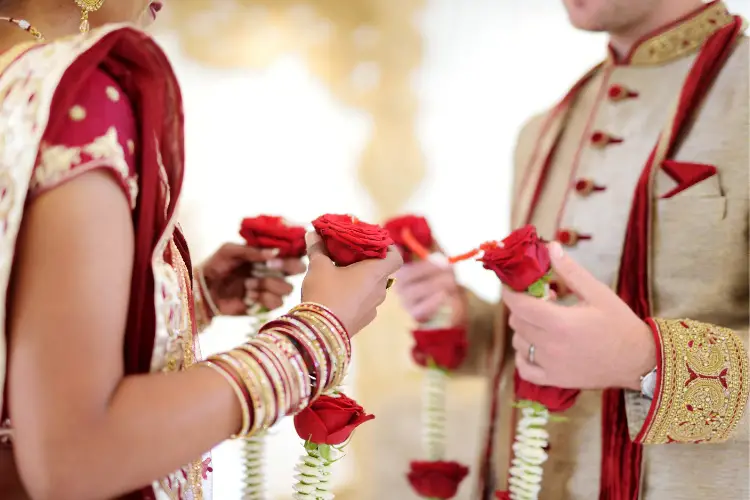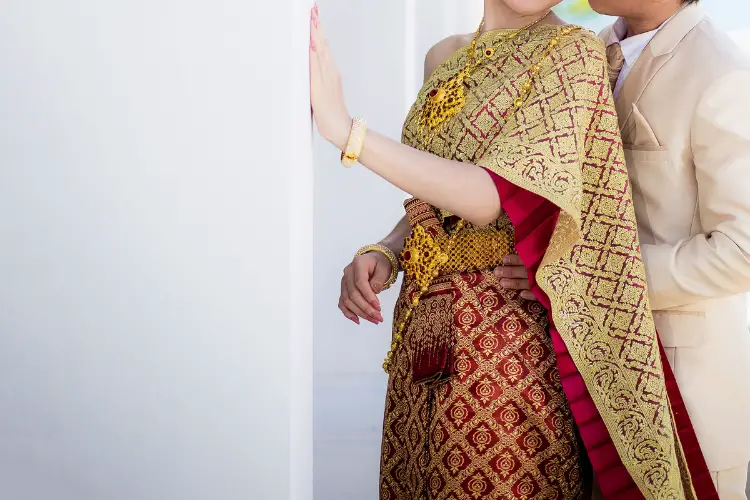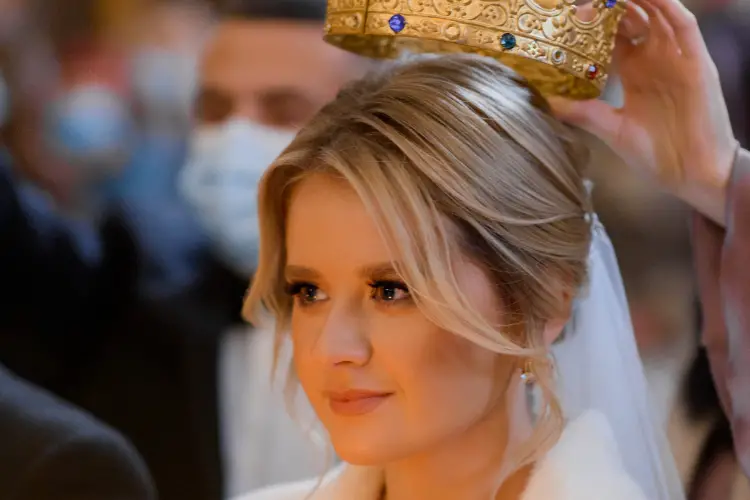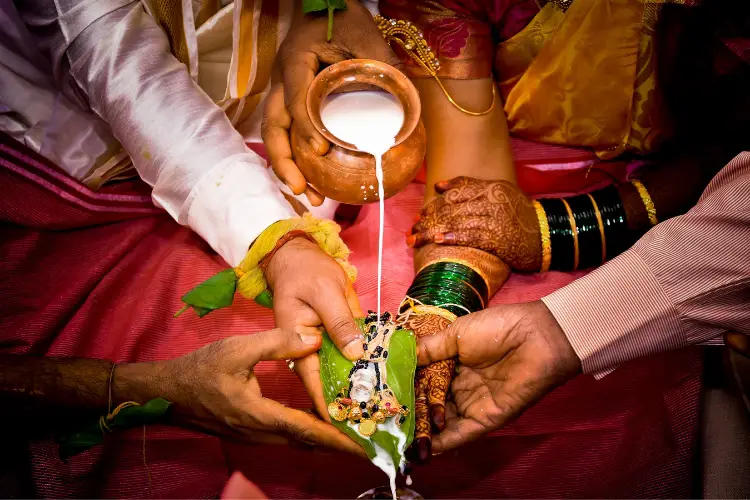Marriage is a sacred union celebrated across cultures and societies worldwide. However, the way marriages are initiated and partners are chosen varies significantly across different countries and communities.
Arranged marriages, a long-standing tradition in many parts of the world, are a fascinating aspect of cultural diversity worth exploring.
Understanding Arranged Marriages
Arranged marriages are a cultural practice in which parents or elders within a family or community take an active role in selecting suitable partners for their children based on various factors such as family backgrounds, social status, educational qualifications, and compatibility. In some cases, the prospective spouses have little or no say in the decision-making process.
This practice is deeply rooted in cultural values, traditions, and sometimes religious beliefs. Arranged marriages are often seen as a way to strengthen family ties, maintain social and economic stability, and preserve cultural and religious traditions.
Countries with Prominent Arranged Marriage Traditions
1. India
India is arguably the country most commonly associated with arranged marriages. This centuries-old tradition is prevalent across various religious and cultural communities, including Hindus, Muslims, and Sikhs.
In many parts of India, parents and extended family members take the lead in finding suitable matches for their children, often through matrimonial websites, community gatherings, or personal connections.
The process typically involves extensive background checks, horoscope matching (in Hindu communities), and negotiations between the families regarding dowry, which, although illegal, is still practiced in some regions. The prospective couple may have the opportunity to meet and decide if they are compatible, but the final decision often rests with the parents.

2. Pakistan
Like its neighboring country India, arranged marriages are deeply ingrained in Pakistani culture and are prevalent across various ethnic and religious groups. The process often involves matchmakers, known as “Rishta Aunties,” who facilitate introductions between families and potential partners.
Factors such as family reputation, financial status, and educational background play a significant role in the selection process. Once a match is proposed, families engage in negotiations, and the prospective couple may have the opportunity to interact and decide if they wish to proceed.
3. Bangladesh
Arranged marriages are a long-standing tradition in Bangladesh, particularly in rural areas and among conservative families. Parents and extended family members take the lead in finding suitable partners, often prioritizing factors such as social status, family background, and religious compatibility.
The practice of dowry, although illegal, is still prevalent in some communities, adding another layer of complexity to the arrangement process. However, in urban areas and among more progressive families, the trend is shifting towards greater involvement of the prospective spouses in the decision-making process.

4. China
While arranged marriages were once the norm in traditional Chinese culture, the practice has evolved over time. In modern China, particularly in rural areas and among more conservative families, a form of semi-arranged marriage still exists.
Parents and relatives play a significant role in introducing potential partners and facilitating meetings. However, the final decision to marry is typically left to the prospective couple. The practice is often driven by a desire to maintain family traditions and ensure compatibility between partners.
5. Japan
Traditionally, arranged marriages were common in Japan, particularly among the upper classes and wealthy families. These marriages were often designed to strengthen political and economic ties between influential families.
While the practice has largely declined in modern times, a form of semi-arranged marriage still exists in some rural areas and among more traditional families. Parents or relatives may introduce potential partners, but the final decision rests with the couple themselves.

6. Nigeria
In Nigeria, a culturally diverse country, arranged marriages are prevalent among certain ethnic groups, particularly in the northern regions. The practice is deeply rooted in cultural and religious traditions, with families playing a pivotal role in selecting suitable partners for their children.
Factors such as family background, religious beliefs, and economic status are carefully considered. The prospective couple may have limited interaction before the marriage, and the decision is often made by their parents or elders within the community.
7. Saudi Arabia
In Saudi Arabian society, arranged marriages are deeply rooted in Islamic traditions and cultural norms. Parents and extended family members take an active role in finding suitable partners for their children, often prioritizing factors such as religious devotion, family reputation, and social status.
The process typically involves matchmakers, known as “Khattaba,” who facilitate introductions and negotiations between families. The prospective couple may have the opportunity to meet and interact before the marriage, but the final decision often rests with the families.
Cultural Considerations and Evolving Perspectives
While arranged marriages are deeply rooted in cultural traditions, the practice has evolved over time, and perspectives are shifting, particularly in urban areas and among younger generations. Many families now involve their children in the decision-making process, prioritizing compatibility and individual preferences alongside traditional considerations.
Furthermore, the rise of education, globalization, and exposure to different cultural norms has led to increased awareness and discussions surrounding issues like personal autonomy, consent, and individual rights within the context of arranged marriages.
It is important to note that arranged marriages are not synonymous with forced marriages, which are illegal in many countries and widely condemned as a violation of human rights. In arranged marriages, while the initial selection process may be led by parents or elders, the final decision to proceed with the union typically rests with the prospective spouses.
Conclusion
Arranged marriages are a complex and multifaceted cultural phenomenon deeply rooted in the traditions and beliefs of various societies around the world. While the practice continues to evolve and adapt to changing societal norms, it remains an integral part of the cultural fabric in many countries.
Understanding the nuances of arranged marriages requires a respectful and open-minded approach, recognizing the diversity of cultural traditions and the importance of personal choice and consent.
As societies continue to grapple with the balance between tradition and modernity, the discourse surrounding arranged marriages will undoubtedly continue to shape and influence cultural narratives and practices.


